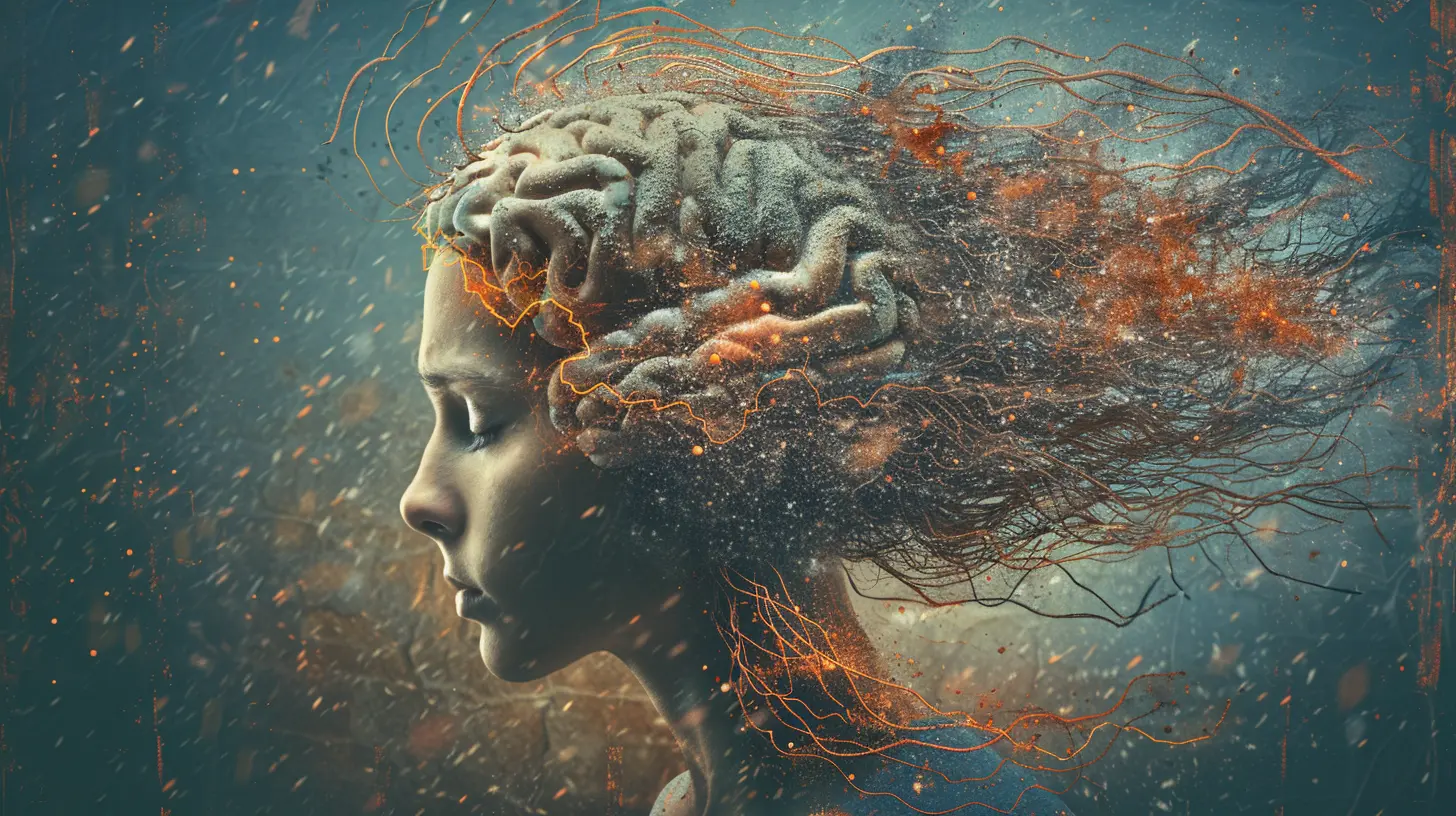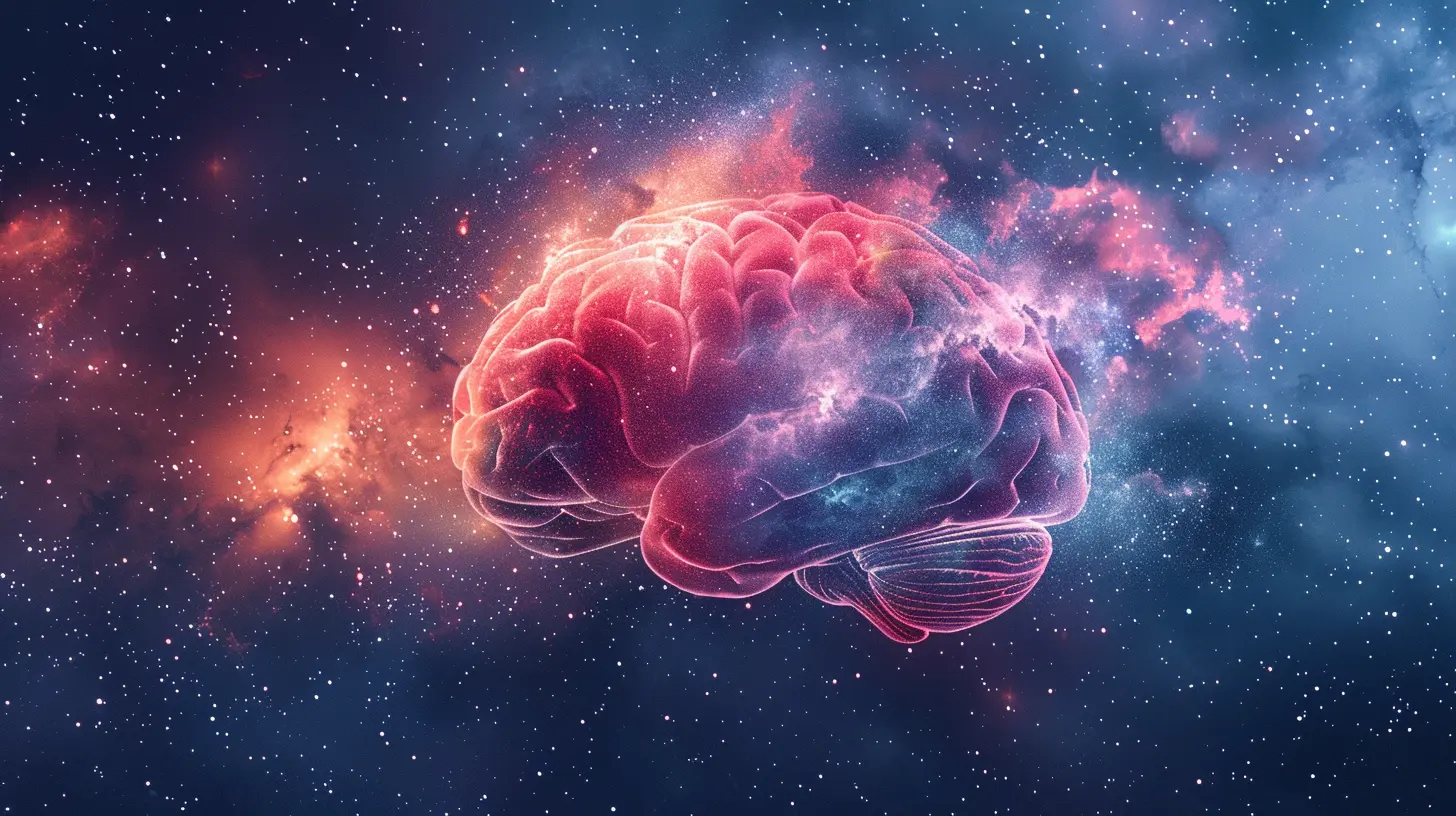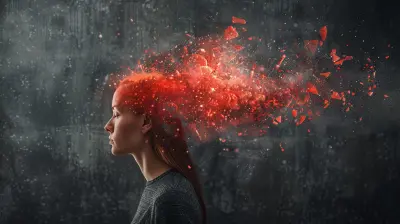How to Rewire Your Brain After Addiction
4 September 2025
So, you’ve decided to turn the page and start fresh? Bravo, my friend! Getting clean is a beast, but choosing to rewire your brain after addiction? That’s superhero-level stuff. Seriously. It’s not just about ditching the bottle, the pills, or whatever had its grip on you—it’s about reprogramming your beautiful, complex brain.
Let’s be real: addiction rewires your brain in all the un-fun ways. But here’s the good news—you can totally rewire it back. Your brain is plastic. Not like, Barbie doll plastic, but neuroplastic. Meaning? It can change and adapt. Yep, even after years of chaos.
So grab a cup of coffee (or herbal tea if you’re really in the zen zone), and let’s dive into how to actually rewire your brain after addiction—and why it’s 1000% worth it.
🧠 What Does Addiction Do to Your Brain?
Before we fix it, let’s talk about how addiction messes with your mental motherboard.When you're addicted, your brain craves hits of dopamine—aka the pleasure chemical. Cue the substance or behavior that gives you that quick high. Over time, your brain gets lazy AF, stops producing dopamine naturally, and relies on the substance instead. Joy from normal stuff? Meh. Too boring.
It hijacks your reward system, messes with your impulse control, and makes long-term thinking as appealing as a root canal.
But guess what? You can train your brain to find joy in real life again. The trick is patience, consistency, and a little mind science magic.
🔄 Rewiring = Recovery That Sticks
Let’s kill the myth right now: recovery is not just about abstinence. White-knuckling your way through life without addressing the wiring? That’s a recipe for a major relapse.Rewiring means you’re not just removing the problem—you’re replacing it with powerful, brain-positive habits that actually soothe your nerves and spark that joy again.
This is your glow-up, neuro-style.
🧘♀️ Step 1: Mindfulness—Your Brain’s Personal Trainer
Mindfulness isn’t just some woo-woo trend. It’s quite literally a brain hack.When you practice mindfulness (think breathing exercises, meditation, or just paying attention to your sandwich), you strengthen the prefrontal cortex. That’s the part of your brain responsible for decision-making and impulse control.
How to do it:
- Start small. Try 5 minutes a day.- Use an app like Insight Timer or Headspace.
- Don’t overthink it. You’re not Buddha. You’re just breathing.
Mindfulness reduces stress, battles cravings, and helps you stay grounded when life throws its curveballs—which it WILL.
🏋️♂️ Step 2: Move That Gorgeous Body
Exercise is the closest thing we’ve got to a legal high.Why? Because it boosts dopamine, serotonin, AND endorphins. It’s the brain’s version of a DJ remixing your mental health playlist.
Pro tips:
- Find your "thing." If you hate running, don’t run. Try dancing in your living room or hiking with a dog.- Be consistent. 3-5 times a week is golden.
- Make it social. Join a class or find a movement buddy.
The goal isn’t to look like a fitness influencer. It’s to get those brain chemicals flowing so your mind feels alive again.
🍎 Step 3: Fuel Yourself—Brain Food Is a Thing
Junk in, junk out. Your brain is literally built from what you eat.After addiction, your brain is begging you for nutrients to heal those fried circuits.
Foods that help rewire your brain:
- Omega-3s. Think salmon, chia seeds, walnuts. Brain lube, baby.- Leafy greens. Spinach, kale, arugula—they’re like spa treatments for your neurons.
- Protein. Try eggs, lean meats, or legumes. Proteins = amino acids = neurotransmitters.
Also? Stay hydrated. Dehydrated brains are cranky brains.
💬 Step 4: Talk It Out—Therapy Isn’t Just For Trauma
If you think you can do this solo, let’s pause right here. Even Batman needed Alfred.Therapy helps you process the why behind the addiction. Was it trauma? Anxiety? A need to escape? A mix of all three?
Cognitive Behavioral Therapy (CBT) is a front-runner for rewiring those toxic thought loops. It’s like Debugging for Dummies, but emotionally intelligent.
But what if you hate therapy?
- Try group therapy or support groups (like SMART Recovery or 12-step).- Journaling is DIY therapy.
- Talk with someone. A friend, a coach, a recovery mentor.
Connection is healing. Period.
🧩 Step 5: Create New Habits—Cue the Brain Reboot
Addiction thrives on repetition. So does recovery.Creating new habits gives your brain new neural pathways to follow—like trailblazing your way through a jungle until you’ve carved a smooth path.
Try these:
- Morning routine with gratitude journaling.- Night routine with a calming ritual (lavender diffuser, anyone?).
- Weekly goal-setting with micro-wins.
Pro tip? Stack habits. Want to walk more? Do it while listening to a recovery podcast. Two birds, one brain boost.
📚 Step 6: Feed Your Mind—Knowledge Is Your Brain’s Gym
If you want to rewire your brain, you’ve gotta educate it too.Read books on neuroplasticity, psychology, addiction recovery, or just stuff that makes you think differently.
Some game-changing reads:
- “The Power of Now” by Eckhart Tolle- “Atomic Habits” by James Clear
- “In the Realm of Hungry Ghosts” by Dr. Gabor Maté
When your brain learns, it adapts. It grows. It starts to wake up.
🤝 Step 7: Lean into Connection—Your Brain is Wired for People
Addiction isolates. Healing connects.From a neuroscience standpoint, connection triggers oxytocin (the love hormone), calms your nervous system, and reminds your brain that you are worthy, loved, and not alone.
Where to find connection:
- Support groups (online or IRL)- Volunteering
- Hobby-based communities (book clubs, hiking groups, art classes)
Even texting a friend counts. You’re not meant to do life solo.
🎯 Step 8: Embrace the Slip-Ups—They're Part of the Process
Let’s get one thing straight: relapse doesn’t mean failure.Your brain isn’t a light switch—it’s a dimmer. It takes time to change, and sometimes it flickers.
Every stumble is feedback, not failure. Just ask Thomas Edison. Dude failed 1,000 times before inventing the lightbulb. You’re wiring your brain, not building IKEA furniture—it’s messy!
So, when you fall off, forgive yourself, reflect, and get back on. That’s resilience, honey.
🧪 Bonus Tip: Try Brain-Boosting Supplements (with Your Doc’s Blessing)
Curious about supplements? Some people find that certain vitamins and supplements help during brain recovery.Things like:
- L-Tyrosine (helps dopamine production)
- B-complex vitamins (nerve regeneration)
- Magnesium (chill pill for your brain)
But don’t play chemist—talk to a healthcare pro before popping pills.
🚀 Final Thoughts: Your Brain is a Freakin’ Phoenix
Look, rewiring your brain after addiction isn’t easy. It’s like decluttering a hoarder’s attic—stuffed with old coping mechanisms, triggers, and wreckage.But with every healthy choice you make? You’re turning on lights in places addiction left dark.
You’re not just surviving—you’re giving your brain a total VIP makeover. From fried and frazzled to fierce and focused.
So, yes, you've been through hell. But you’re climbing out. Step by step. Neuro-pathway by neuro-pathway. And every single day you choose healing? You’re showing your brain who's boss.
Spoiler: It’s you.
Keep going. Your brain is literally changing because of your choices today. Trust the process. Stay sassy. Keep glowing.
all images in this post were generated using AI tools
Category:
AddictionAuthor:

Gloria McVicar
Discussion
rate this article
1 comments
Katie Edwards
This article offers valuable insights into rewiring the brain after addiction. It emphasizes practical strategies and the importance of patience, self-compassion, and support, making it a must-read for those on the recovery journey.
September 28, 2025 at 2:28 AM

Gloria McVicar
Thank you for your thoughtful comment! I'm glad you found the insights and strategies helpful for the recovery journey. Your support means a lot!


